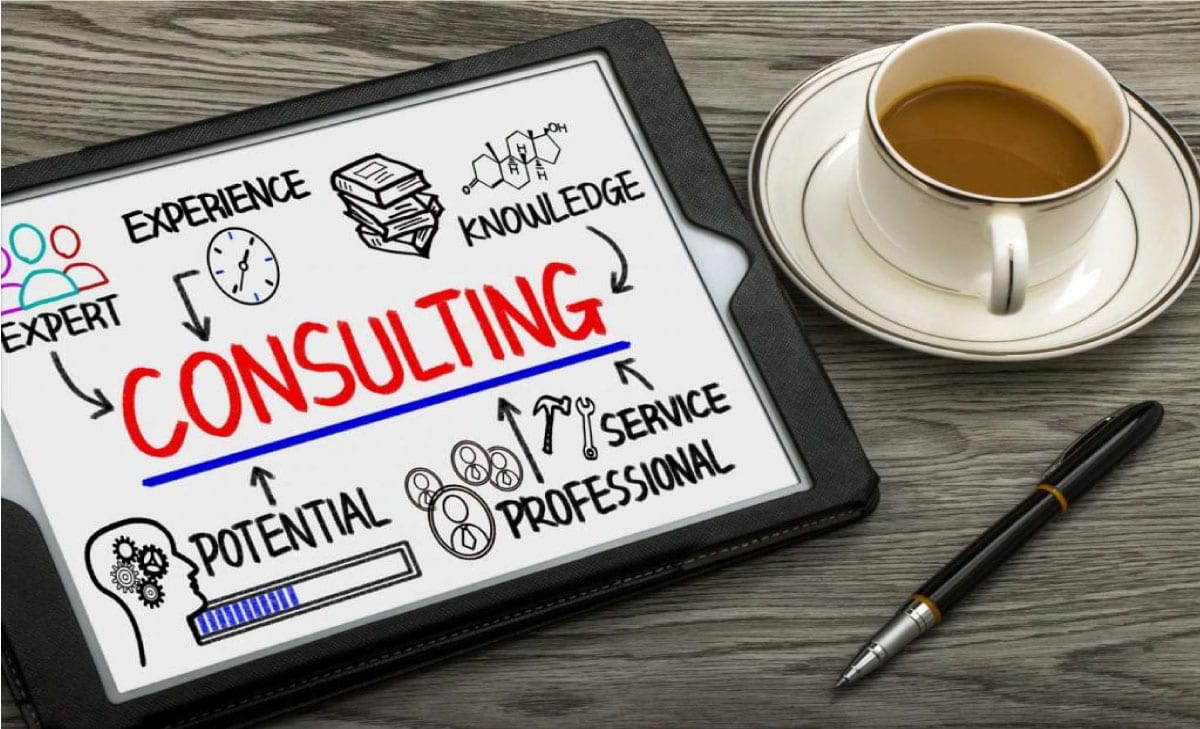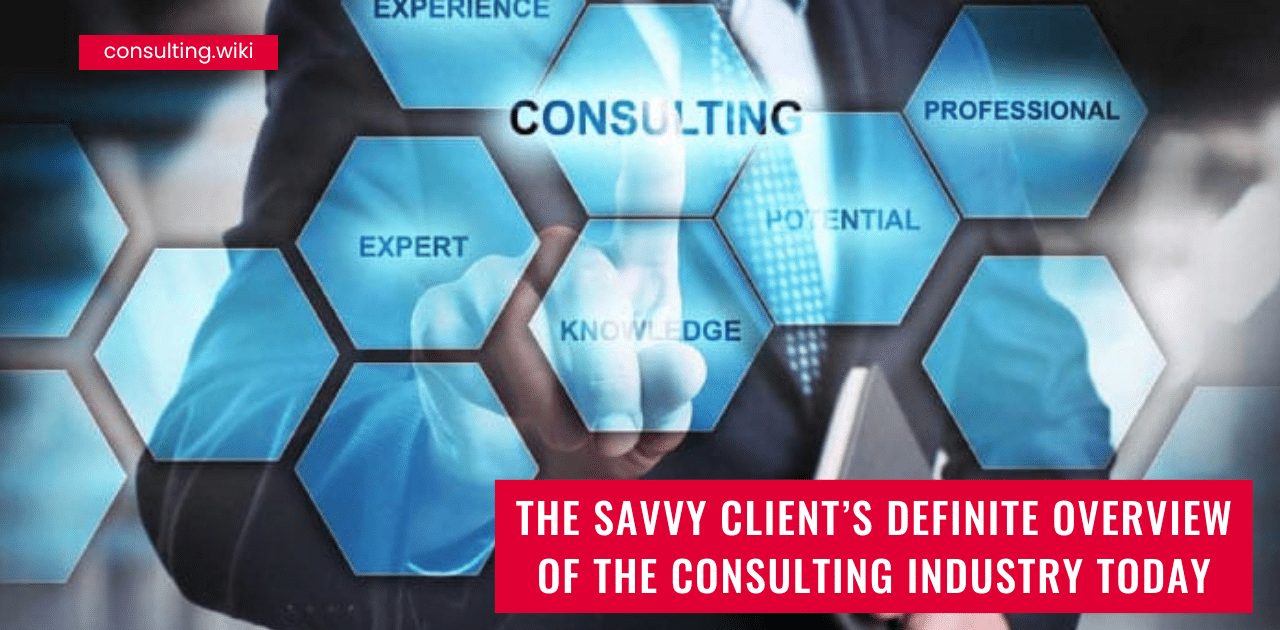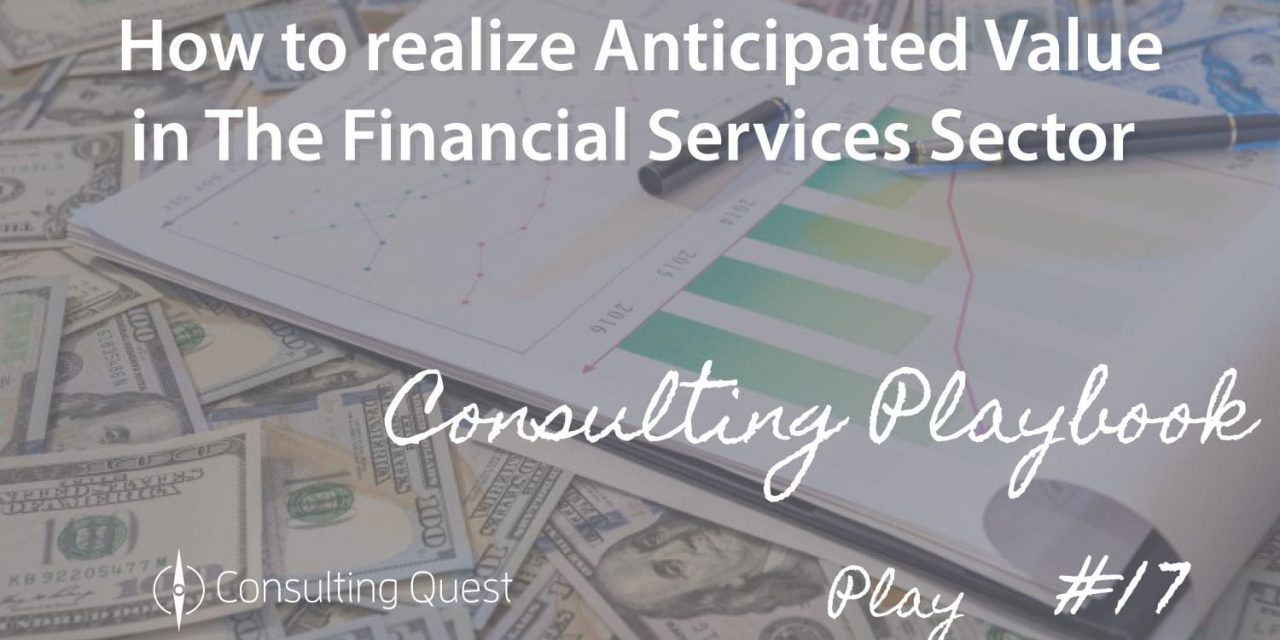
Everything You Like to Know About In-House Consulting and How to Optimize Your Internal Consultants’ Potential
Your internal consulting, transformation team, or excellence group, is a great asset that can make every project a success. The point is to use the best strategy and methods and to be able to optimize this team’s potential.
CEOs have the opportunity to execute any project two ways: in-house or to bring in external consultants. In the prime of Strategy Consulting, the decision was invariably leaning towards external consultants. We could see companies externalizing their entire strategy to consulting firms.
We see corporations more willing and ready to manage their own projects, especially when these are impacting the future of the enterprise.
Among the top trends are:
- Shrinking experience gap between external consultancies and in-house consulting on strategic matters. The frequent movements between consulting firms and strategy groups combined with almost systematic use of MBAs or leadership development programs have provided corporations with a blend of talent, knowledge, and experience to manage the strategic agenda by themselves, using consultants only on very specific projects.
- Substitution of external consultants by internal resources embodies a trend that started in the strategy function, now has spread to other functions and activities.
- It’s a win-win situation for companies and consultants alike – former consultants have the opportunity to join a company in a transition role that will leverage their expertise and allow them to learn more about the company before taking other responsibilities. So companies enjoy the luxury of having expert resources in-house to drive their projects or oversee consulting projects for a fraction of the cost.
- Healthy competition – creating some emulation and to force internal teams to provide state-of-the-art performance, prompted some companies to give their business units the option to use or not internal consulting teams, placing them in competition with external consultants.
- Value for money – even though there is a significant potential for savings, internal and external consultants rarely mix their resources. Moreover, when they do it is more in one direction, adding a few resources to the consulting project to reduce costs and transfer some knowledge
Measure your Performance, Optimize your Consulting Spend

For Consultants – if the Client continues to buy their services, probably not so critical, but for Clients it’s exactly the opposite…
Inspired by the way General Electric is leveraging its pool of high potential through the black belts, many companies have now connected their excellence groups with their high potential development. Being a part of those teams becomes the place to be at for accelerated career development. Also, the credibility and performance of the teams are not questioned anymore.
Consulting is an important lever for business process improvement and for acquiring a new perspective on stagnant areas of your business.
Internal consultants are a valuable asset, as they can show you where processes break down and why, how projects are derailed and by who, and a whole host of other insights into the operation of your organization.
As an external consultant, your team members offer a variety of fresh perspectives that cannot be found in the manager’s office or the C-Suite.
How to best engage internal consultants?
Here are few ideas you can explore and launch the process:
- Identify the highest impact challenges, also the most common challenges your organization deals with
- Determine the areas of excellence and the areas of deficiency
- Outline operation inefficiency issues
- Discuss organization’s culture issues
- Staffing levels, Staffing quality
- Analyze onboarding process, and training effectiveness
- Efficiency and Effectiveness of communication
- Regulatory compliance issues
- Effectiveness of marketing on sales, on Customers’ expectations, and how to improve Customer experience
So we discussed the benefits of using in-house consulting, now let’s take a look at some of the challenges.
Challenges in Managing Internal Consultants –
Internal consultants have a unique role and can greatly affect the success of the project.
Many projects are launched to achieve change objectives within an organization. And sometimes there can be a conflict of interest between teams and individuals who support the change, and those who want to preserve the status quo.
Internal consultants bring important knowledge and experience to a project, but often they might face different constraints compared to external consultants. Their relationships within the organization and the expectations of their direct bosses can affect their performance in the project.
The hierarchy, politics, and culture within the organization can also play a role in the resolution of such conflicts.
The project manager needs to understand the implications and leverage the role of the internal consultants.
Strategies to Successfully Manage Internal Consultants:
The value and the importance of the project are always the top considerations. The project manager and the consultants need to keep in mind the critical elements to ensure success:
- The project’s goals and objective – agree on the result, main principles, and team communication
- Project plan and checkpoint – agree on the phases, activities, tasks, milestones, timing, and dependency
- Roles and responsibilities – who is responsible and/or accountable for what, when and how.
- Visualize the result and the direction the project will be taking
- Decide on the commitments – agree on the key people, empower teams, ownership, and give credit.
- Communications – how to keep people informed and how to get the right message across at the right time
- Measure results – when to show status visibility and progress toward goals.
- Managing risk – agree on the degree of innovation without compromising the success of the project.
If you like to discuss how we can assist you in organizing or
managing your in-house consultants on a specific project,
please let us known today.
Hélène Laffitte is the CEO of Consulting Quest, a Global Performance-Driven Consulting Platform and author of “Smart Consulting Sourcing”, a step by step guide to getting the best ROI from your consulting. With a blend of experience in Procurement and Consulting, Hélène is passionate about helping Companies create more value through Consulting.



